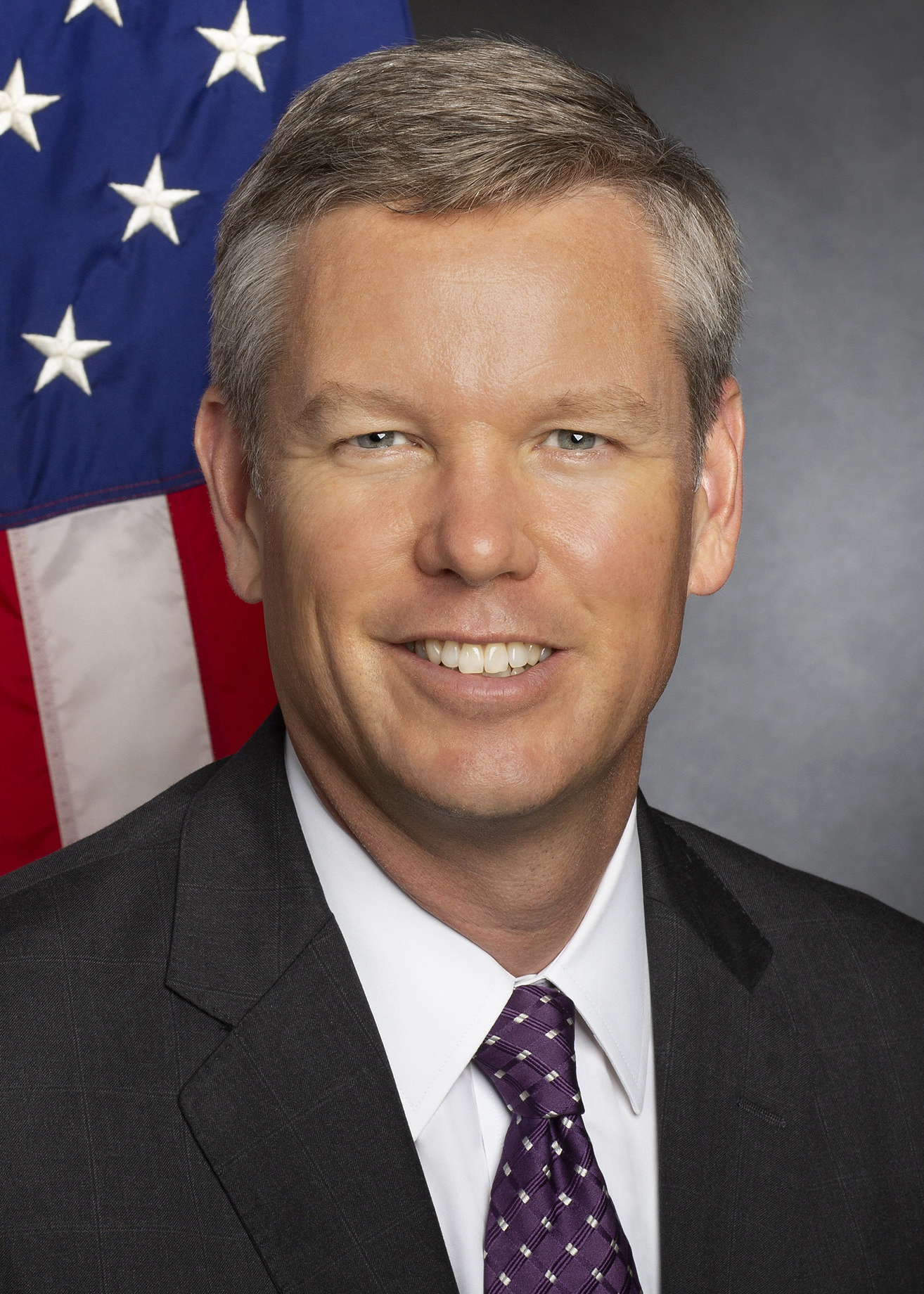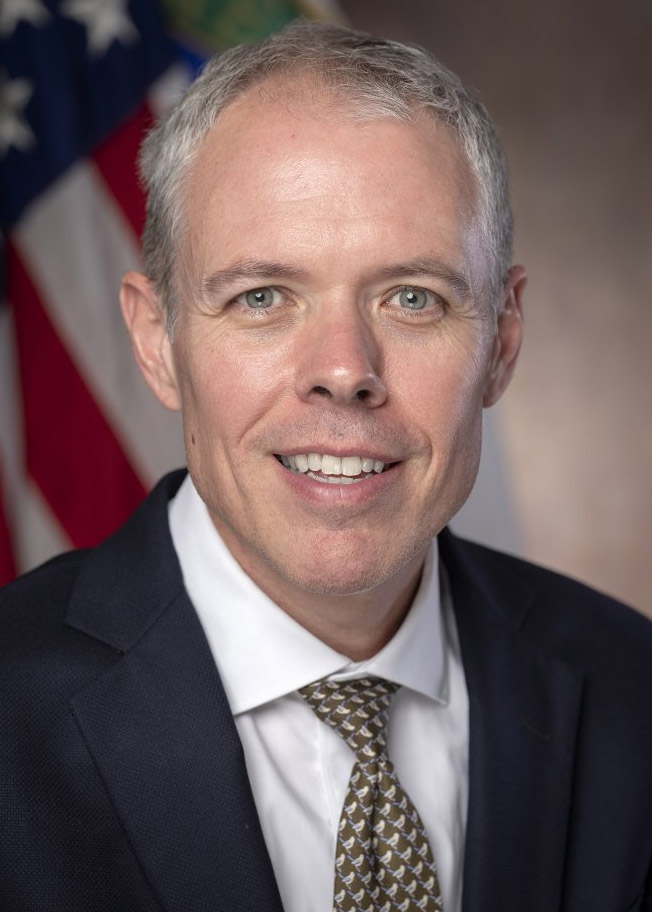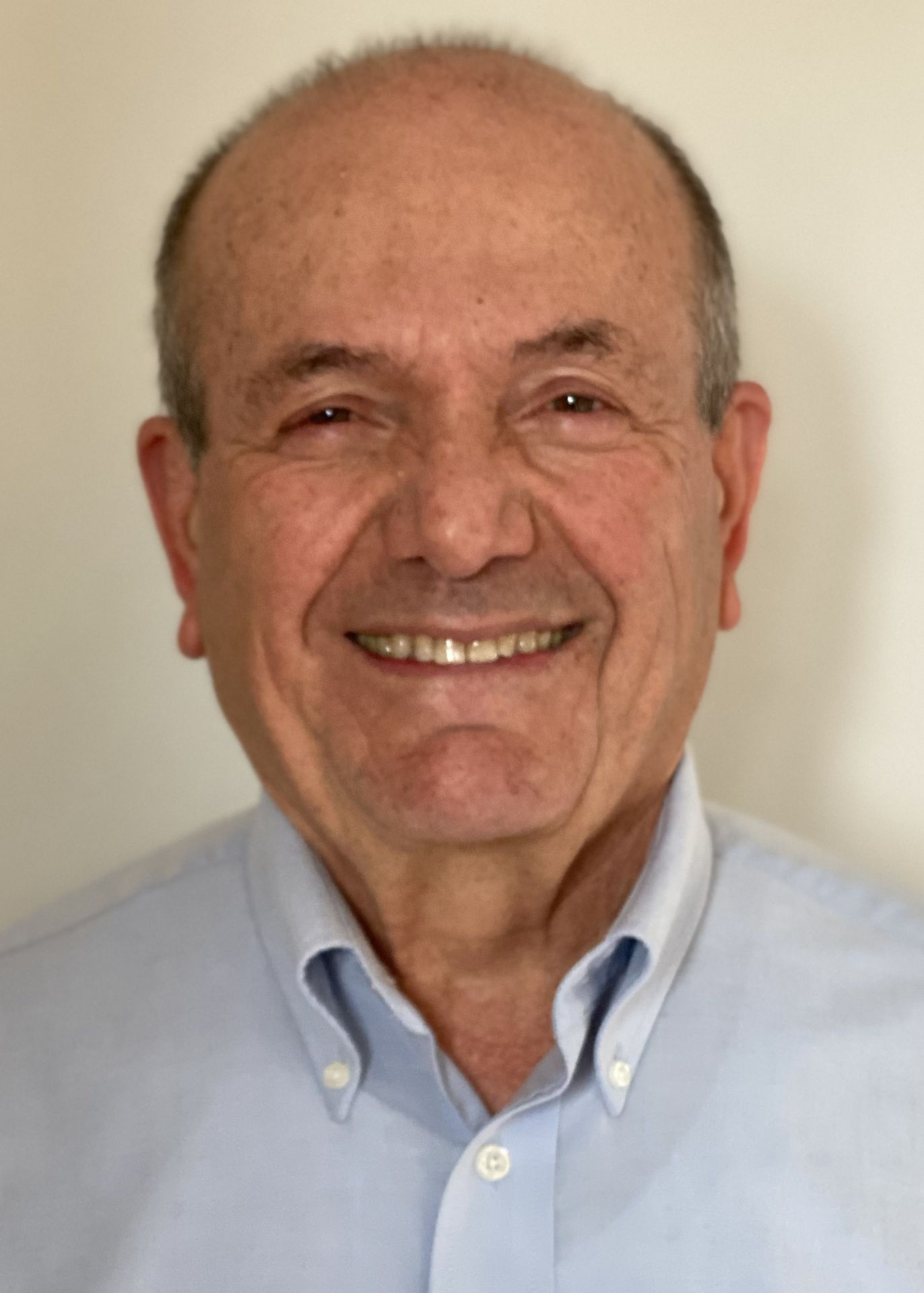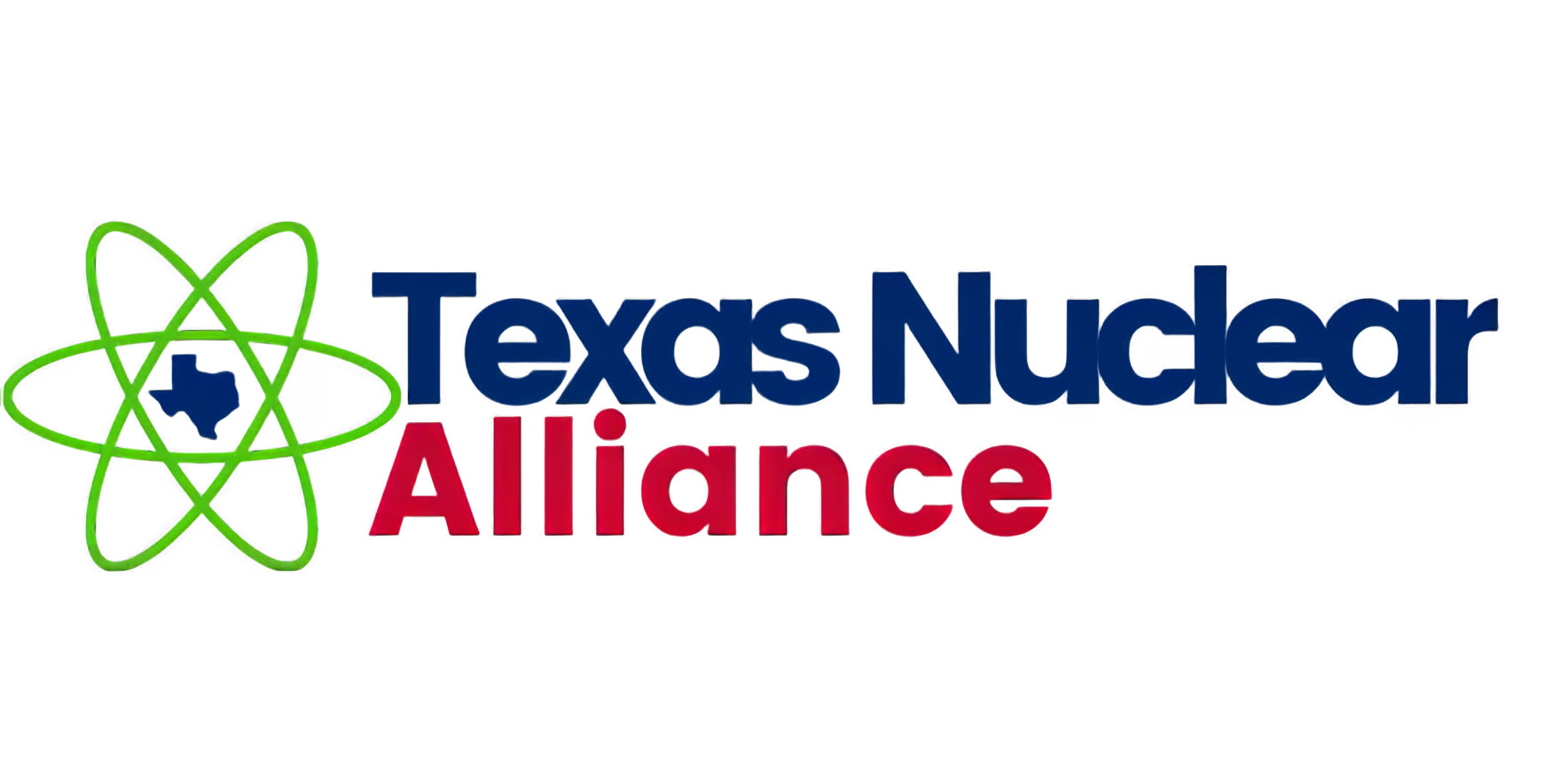The DIII-D Superfacility team. (Photo: General Atomics)
Researchers at the DIII-D National Fusion Facility, the National Energy Research Scientific Computing Center (NERSC) at Lawrence Berkeley National Laboratory (LBNL), and the Energy Sciences Network (ESnet) are teaming up to make the high-performance computing (HPC) powers of NERSC available to DIII-D researchers through ESnet—a high-speed data network. Their collaboration, described in a May 29 news release, in effect boosts the computing power behind DIII-D’s diagnostic tools to make more data from fusion experiments available to researchers at DIII-D in San Diego and to the global fusion research community.
Concept art of Last Energy’s balance-of-plant. (Image: Last Energy)
Last Energy, a Washington, D.C.-based microreactor developer, announced last week a partnership with the NATO Energy Security Centre of Excellence (ENSEC) to jointly research military applications for microreactor power and explore opportunities for future microreactor deployments on NATO military installations.
A slide on the FIRE collaboratives presented during a recent FES webinar. (Graphic: FES)
The Department of Energy’s Office of Fusion Energy Sciences (FES) wants Fusion Innovation Research Engine (FIRE) collaboratives to be a bridge between FES’s basic science research programs and the growing fusion industry. A funding opportunity announcement released May 22 explains that FIRE will be a “transformative initiative aimed at creating a fusion innovation ecosystem” with virtual, centrally managed collaboratives working on “end-use inspired” fusion science and technology R&D.
Georgia Gov. Kemp and others visited the Vogtle nuclear power plant. (Photo: Gov. Brian Kemp's Office)
As he joined with other state officials and community stakeholders at a celebration last week marking the completion of Vogtle Units 3 and 4, Georgia Gov. Brian Kemp said there’s potential for a fifth nuclear reactor at the site.
Framatome’s fuel fabrication facility in Richland, Wash. (Photo: Framatome)
TerraPower announced May 29 that it will work with Framatome North America to fund the high-assay low-enriched uranium (HALEU) metallization pilot plant that Framatome is building at its fuel fabrication facility in Richland, Wash. A successful demonstration of Framatome’s capability of converting enriched uranium oxide to HALEU metal will “support the development of the domestic HALEU supply chain,” both companies say.
The NRC's Greg Bowman (left) and George Smith. (Photos: NRC)
Greg Bowman and George Smith work for the Nuclear Regulatory Commission in implementing programs that deal with risk, whether to nuclear power plants or from nuclear materials, such as radiological sabotage and theft or diversion of materials. Bowman is the director of the NRC’s Division of Physical and Cybersecurity Policy in the Office of Nuclear Security and Incident Response. Smith is the senior project manager for security in the Source Management & Protection Branch of the Division of Materials Safety, Security, State, and Tribal Programs in the Office of Nuclear Material Safety and Safeguards.
The three initiatives Bowman and Smith discussed with Nuclear News editor-in-chief Rick Michal are the Insider Threat Program, the Cybersecurity Program, and the Domestic Safeguards Program.
The Zaporizhzhia nuclear power plant. (Photo: Energoatom)
An official from Russia’s state-owned nuclear power company Rosatom said this week that there are no current plans to reopen the Zaporizhzhia nuclear power plant in Ukraine.
Oklo’s Aurora Powerhouse (Image: Gensler)
California-based Oklo is partnering with Wyoming Hyperscale to power a state-of-the-art data center campus.
The companies, which announced the partnership last week, signed a nonbinding letter of intent to provide 100 megawatts of carbon-free energy for a 20-year power purchase agreement. Wyoming Hyperscale is building a data center on 58 acres of land on Aspen Mountain, a remote site southeast of Evanston, Wyo., and plans to use Oklo’s Aurora Powerhouse units to provide clean energy at the site.




















